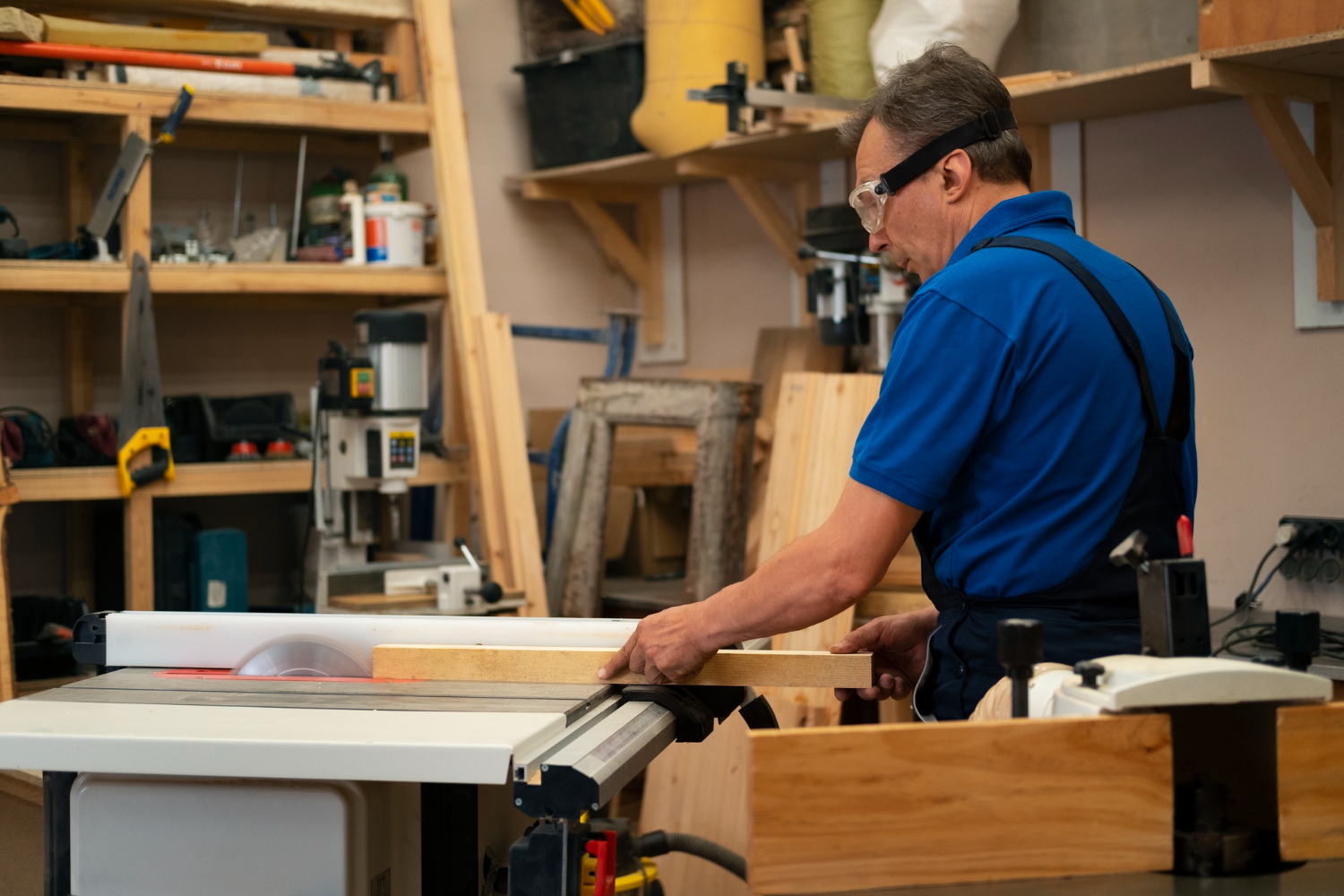In the realm of woodworking, precision and efficiency are paramount. CNC routers for woodworking have emerged as essential tools, revolutionizing the way craftsmen approach their projects. This guide explores the advantages of CNC routers, the role of small CNC machines, and how these innovations are reshaping the woodworking landscape.
What Are CNC Routers for Woodworking?
CNC (Computer Numerical Control) routers are advanced machines designed to cut, carve, and shape wood with unparalleled precision. These routers use computer software to guide the cutting tool along the desired path, allowing for intricate and detailed designs. CNC routers are highly valued for their ability to produce consistent results, making them indispensable in both professional and hobbyist woodworking.
Why Choose CNC Routers for Woodworking?
- Precision and Accuracy: CNC routers for woodworking offer exceptional accuracy. Unlike manual routers, which rely on the operator’s skill, CNC machines follow pre-programmed designs with millimeter-level precision. This accuracy is crucial for creating complex patterns, intricate carvings, and detailed inlays.
- Efficiency and Speed: These machines streamline the woodworking process by automating repetitive tasks. A CNC router can complete projects faster than manual methods, saving time and increasing productivity. Whether you’re crafting detailed cabinetry or large-scale furniture, CNC routers enhance workflow efficiency.
- Versatility: CNC routers are versatile tools capable of handling various materials and designs. They can cut through different types of wood, including hardwoods, softwoods, and plywood. Additionally, with the right attachments and settings, CNC routers can also work with materials like plastic and aluminum.
- Consistency: One of the significant benefits of using CNC routers is the consistency they provide. Each piece produced is identical to the next, ensuring uniformity in mass production and complex designs. This consistency is particularly valuable in commercial woodworking, where quality control is crucial.
The Role of Small CNC Machines in Woodworking
Small CNC machines have gained popularity due to their compact size and affordability. These machines bring the advantages of CNC routing to smaller workshops and hobbyist setups. Despite their size, small CNC machines offer impressive capabilities, including:
- Space Efficiency: Small CNC machines are designed to fit into smaller workspaces. Their compact design allows woodworking enthusiasts and small business owners to incorporate advanced technology without requiring extensive workshop space.
- Cost-Effectiveness: For those new to CNC routing or operating on a tight budget, small CNC machines offer an affordable entry point. They provide access to CNC technology without the high cost associated with larger industrial machines.
- Ease of Use: Many small CNC machine are user-friendly, making them accessible to beginners. With simplified controls and software, users can quickly learn to operate these machines and start creating intricate designs.
- Portability: Some small CNC machines are portable, allowing for easy transport between different locations. This feature is beneficial for mobile workshops or for those who participate in woodworking shows and events.
Conclusion
CNC routers for woodworking represent a significant advancement in the field, offering precision, efficiency, and versatility that traditional methods cannot match. Whether you’re a professional craftsman or a hobbyist, integrating CNC technology into your woodworking projects can elevate your work to new levels of accuracy and creativity. Small CNC machines, in particular, provide an accessible and cost-effective option for those looking to explore the benefits of CNC routing in a more compact and manageable format. By embracing these tools, woodworkers can unlock new possibilities and enhance their craft in ways previously unimaginable.



